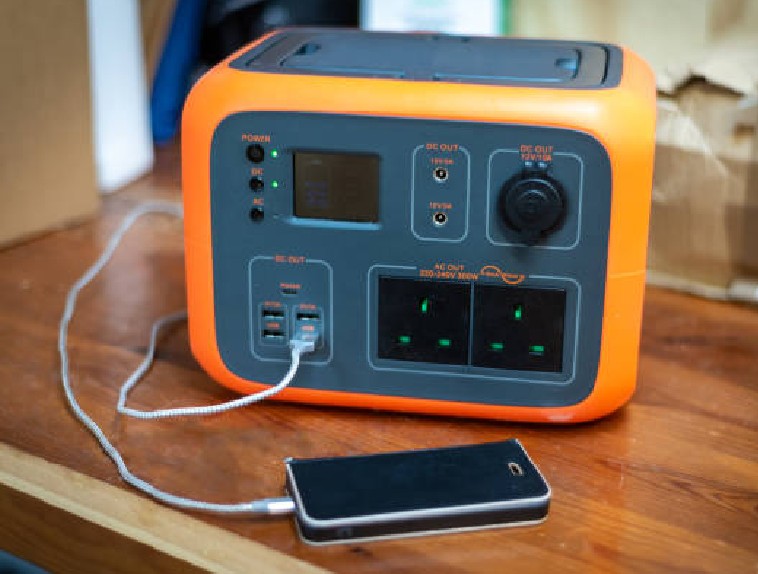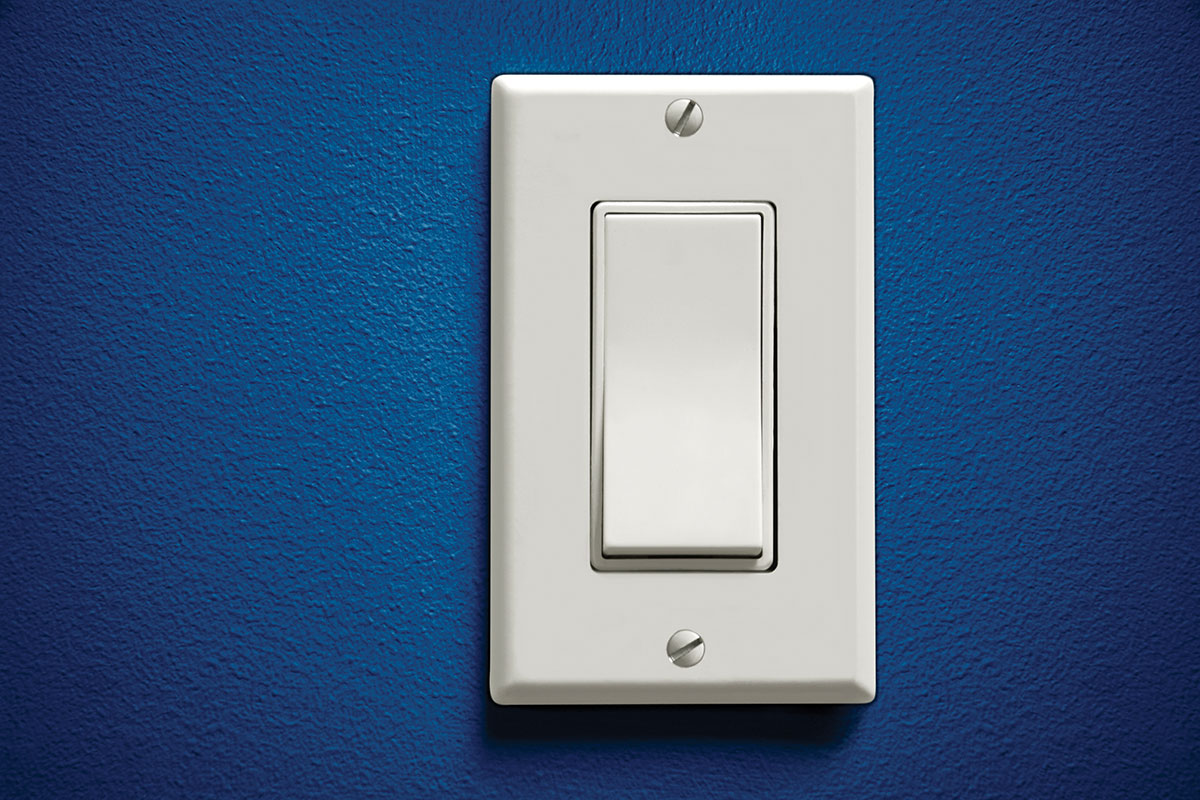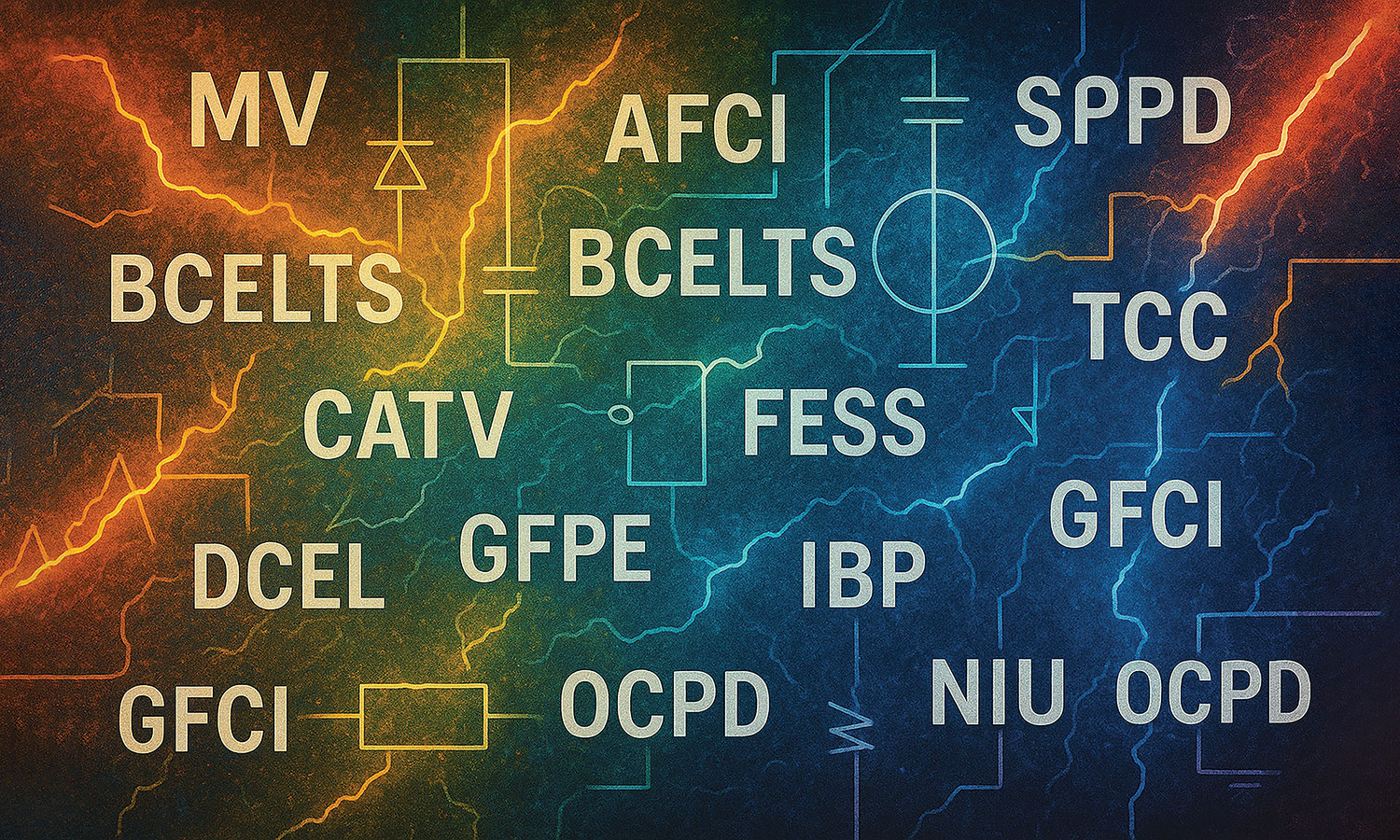To reduce electrically related deaths and injuries through public education, the Electrical Safety Foundation International (ESFI) has joined with the Canadian Standards Association (CSA), Underwriters Laboratories, Inc., the National Electrical Manufacturers Association (NEMA), and the Consumer Product Safety Commission to disseminate information on new requirements for ground-fault circuit interrupters. These new requirements offer a significant safety improvement for consumers.
The new requirements are being set by CSA and UL and apply to the harmonized standards, UL 943, Safety Standard for Ground-Fault Circuit Interrupters (GFCIs) and CSA C22.2 No. 144.1, Ground-Fault Circuit Interrupters.
Since the early 1970s, GFCIs have reduced household electrocutions by protecting residents from lethal currents. A GFCI is a wiring device that de-energizes a circuit when a current to ground could result in electric shock. The GFCI “interrupts” power before it reaches a level that would cause injury. The National Electrical Code requires GFCIs to be used in bathrooms, kitchens, garages, basements, crawlspaces, and outdoors. Similarly, the Canadian Electrical Code requires GFCIs to be used in many locations such as bathrooms, outdoors, basic care areas of hospitals, pools, spas, and hot tubs.
Before the introduction of GFCIs, more than 700 people died from household electrocutions each year. As of 2001, that number had been reduced to 400 cases annually. A 2001 field study from UL and NEMA, however, determined that a small but significant percent of GFCIs, particularly older ones, did not work after several years.
This created a demand for more stringent safety features that can alert users when a GFCI malfunctions.
The new UL and CSA requirements include:
- End of Life Provision: when a GFCI receptacle is incapable of passing its internal test function (it can no longer provide ground-fault protection) it will either a) render itself incapable of delivering power, or b) indicate by visual or audible means that the device must be replaced.
- Reverse Line-Load Miswire: a GFCI will deny power to the receptacle face if it is miswired.
In the USA, manufacturers must stop producing old versions of GFCIs on July 28, 2006, and must introduce new, redesigned GFCIs after that date. Distributors can sell and contractors can install old GFCIs until their supplies run out.
The UL revisions will not affect the NEC, which regulates installations, not products.
In Canada, the selection of the effective date involves a process that has not yet been completed. Once this occurs, the effective date will be included in the Certification Notice announcing the 2006 edition of CSA Standard C22.2 No. 144.1. The CSA revisions will not affect the CE Code, which regulates installations, not products.
For more information about GFCIs or the new UL and CSA requirements, contact ESFI at (703) 841-3229 or visit www.esfi.org













Find Us on Socials